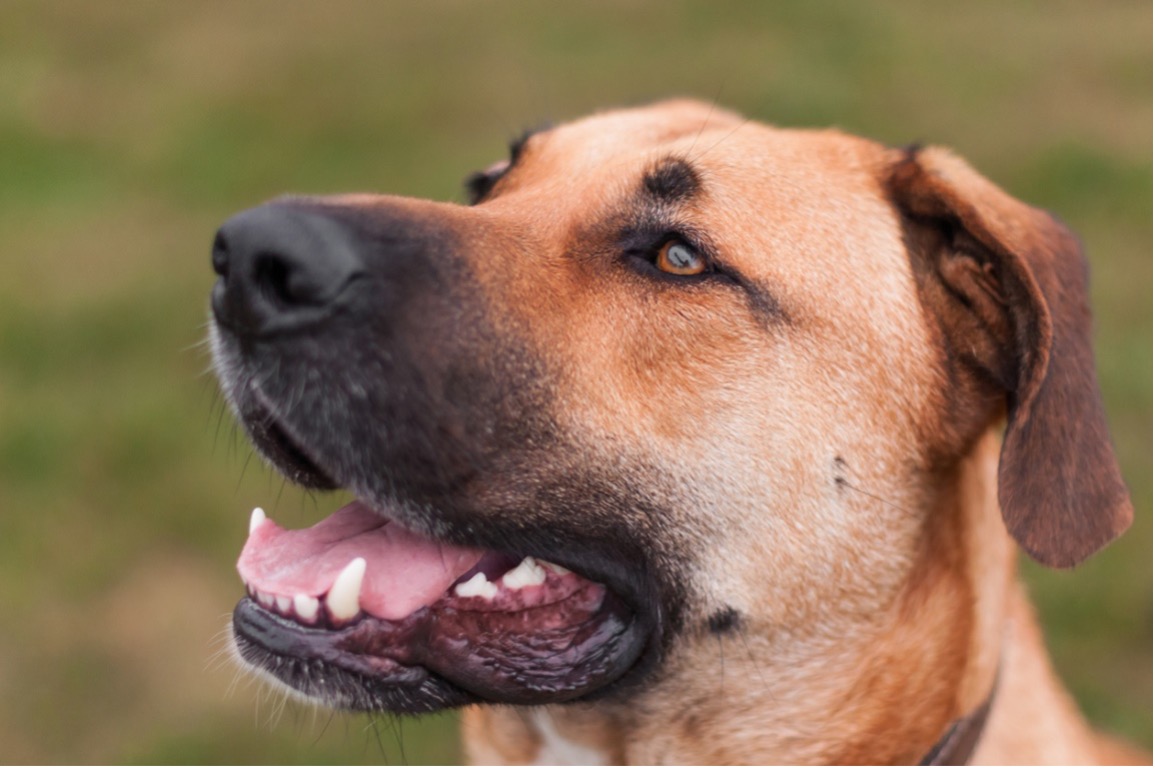Pet dental health is vital. Oral problems and diseases can lead to more serious health problems down the road. Although cavities are less common in pets than in people, they can have many of the same dental problems that people can develop.
Dental Health Month
February is National Pet Dental Health Month. The AVMA created this month-long event to help raise awareness and promote the importance of pet dental health. Sometimes a problem is difficult to notice, and you find it when it’s too late, with your pet already in discomfort to the point where they have stopped eating.
Why Dental Health is Important
Proper dental care will help keep your pet from developing a wide variety of dental health issues. Tartar and plaque buildup on your pet’s teeth can cause both minor and serious health problems. Good oral hygiene is so important. Aside from bad breath, your pet may develop gum recession, cavities, periodontitis, and loose teeth. Research data has shown a link between dental disease and many other common health problems such as heart, liver, lung, and kidney disease.
Pets can also suffer from broken teeth. Chewing on hard toys and treats like antlers and bones can break your dog or cat’s teeth. A broken tooth can expose the tooth’s nerve, which is very painful for your pet. Additionally, the exposed nerve can become infected requiring your vet to remove the tooth.
Those issues are bad enough on their own, but some veterinary research suggests that periodontal disease in pets is linked with diseases of the organs, too, particularly in the liver, kidneys, and heart.
Signs of Dental Problems
Regardless of any problems, your pet’s teeth should be checked at least once a year by your veterinarian for early signs of a problem and to keep your pet’s mouth healthy.
Have your pet’s teeth checked sooner if you observe any of the following problems:
- Bad breath
- Broken or loose teeth
- Extra teeth or retained baby teeth
- Teeth that are discolored or covered in tartar
- Abnormal chewing, drooling, or dropping food from the mouth
- Reduced appetite or refusal to eat
- Pain in or around the mouth
- Bleeding from the mouth
- Swelling in the areas surrounding the mouth
Some pets become irritable when they have dental problems, and any changes in your pet’s behavior should prompt a visit to your veterinarian. Be careful when checking your pet’s mouth because pain can cause a pet to react aggressively.
Feline Juvenile Gingivitis
Feline juvenile gingivitis refers to inflammation of the gums that occurs following the eruption of the permanent teeth. This condition is most frequently observed in kittens with oriental breeds. Patients suffering from juvenile gingivitis have redness, swelling, and inflammation of their gum tissue (gingiva). The cause of this disease is not known but an exaggerated inflammatory response to tooth eruption, immune-mediated and viral exposure (FIV, FeLV, Calicivirus) have all been proposed as triggers, many authors believe it is likely a multifactorial response.
Untreated juvenile gingivitis can lead to juvenile periodontitis. In this case, pockets between the gums and teeth may form, providing more space for bacteria to accumulate near the bone. With this additional buildup, the immune system goes into overdrive, attacking the teeth and gums and causing bone loss.
See your veterinarian as soon as possible for treatment if you suspect that your kitten is suffering from juvenile gingivitis.
Professional Pet Dental Care
Professional pet dental care involves an examination, X-rays, and a teeth cleaning by a trained veterinarian. During a physical examination, Aspen Vet veterinarians can recommend a dental program suited specifically to your individual pet’s needs. Ensuring proper dental care calls for a joint effort between the pet owner and the veterinarian. In addition to regular deep cleanings at the veterinary hospital, dogs and cats should also have a regular tooth brushing daily, or at least twice a week.
Prophylactic Cleanings
Preventative dental cleanings, under anesthesia, are recommended at regular intervals to preserve oral health. Just like human teeth, pet teeth accumulate plaque and tartar. Without providing appropriate veterinary dental care for your pets, periodontal disease develops, leading to severe gingivitis and ultimately tooth loss. This preventable condition affects over 80% of pets over the age of two.
Prophylactic Cleanings Involve:
- Pre-anesthetic workup, including physical examination and bloodwork
- Anesthesia
- Oral examination and probing
- Ultrasonic scaling to remove tartar from above the gumline
- Hand scaling to remove tartar from below the gumline
- Dental x-rays if needed
- Polishing to remove scratches created during the above process
Treatment of Periodontal Disease
When left untreated, periodontal disease progresses to a point where more advanced therapies are required. Our doctors are trained and equipped for the following procedures:
- Interpretation of dental x-rays
- Complete periodontal examination
- Extraction of teeth, both simple and surgical
- Open curettage (removal of tartar by surgically lifting up portions of the gums for better exposure)
- Guided tissue regeneration (attempted repair of large pockets with use of bone-regeneration materials and surgical repositioning of gum flaps)
Annual Visits to Your Primary Care Veterinarian
Most dental problems can be identified during your pet’s annual physical exam. Our Veterinarians will recommend a cleaning with/without extractions based on the severity of the dental disease they can see upon exam. If these issues are not properly identified and corrected, dietary problems will develop. This can be minor weight loss, or can be as serious as a life-threatening obstruction from improper chewing and poor muscle coordination in the GI tract. Talk to your veterinarian at each exam about your pet’s dental health.
Home Dental Care
In between bringing your animal to the veterinarian for dental care, you can do some things to help at home.
- Brush their teeth. Brushing your pet’s teeth may seem extreme, but it is hugely beneficial for them. In an ideal world, you would brush their teeth twice a day. If you can’t manage twice a day, you should do it as often as you can. As a note, never use your toothpaste on them. There are specific toothpastes made for pets that come in many flavors such as beef, poultry, and seafood just to name a few.
- Use tooth wipes. Tooth wipes are a faster and easier solution than brushing their teeth, although slightly less effective.
- Give them dental treats/chews. There are many treats and chew toys that you can buy for your pet that help remove plaque and improve dental health. If you are unsure what you should get for your pet, consult with your veterinarian.
We carry many dental products named above and more. Visit our on-line pharmacy to order. We offer free shipping for orders over $49.
Final Words
Most dental problems can be identified during your pet’s annual physical exam. Our Veterinarians will recommend a cleaning with/without extractions based on the severity of the dental disease they can see upon exam. If these issues are not properly identified and corrected, dietary problems will develop. This can be minor weight loss or can be as serious as a life-threatening obstruction from improper chewing and poor muscle coordination in the GI tract. Talk to your veterinarian at each exam about your pet’s dental health. Contact us today to schedule a visit.
Sincerely,
Dr. Kathryn Moriarty & Team

